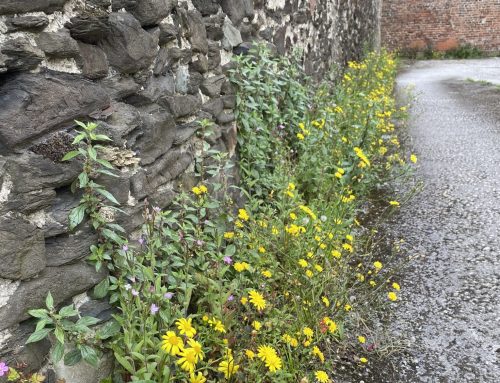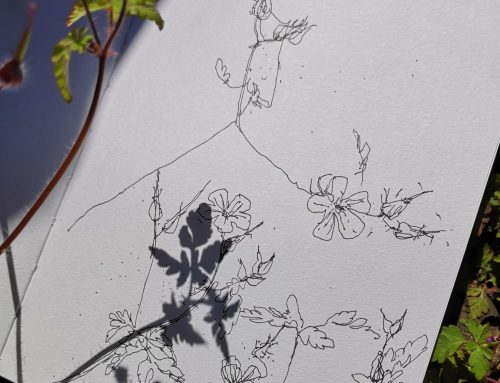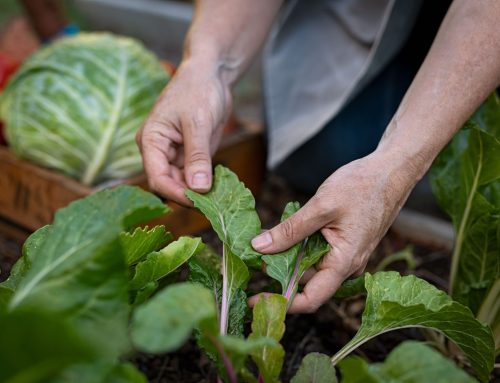by Emma Pavans de Ceccatty, Campaigner, PAN UK
A private company was commissioned by Cardiff Council to carry out weed control trials in 2021. The company compared the cost and efficiency of two pesticide-free alternatives, Foamstream and acetic acid, with the commonly-used synthetic pesticide, glyphosate. Trials took place on Cardiff’s highways and pavements across three wards. The report, published in 2022, concluded that glyphosate is “the most effective and sustainable weed control method currently available”.
Sadly, this is a common claim, but we believe that assessors arrive at this conclusion due to a number of errors. We delve into these below.
First off, it is important to note that a critical aspect not addressed in the above mentioned report are the varied and serious health risks associated to glyphosate. Labelled a ‘probable carcinogen’ by the World Health Organisation in 2015, it has also been shown to have links to asthma, birth defects and reproductive issues.
These types of trials often start off by considering glyphosate as the baseline from which to compare alternatives. However, alternatives are not simple ‘like-for-like’ replacements, nor do they promote themselves as such. Rather, we recommend that an urban area be looked at as a whole, with varying infrastructure, habitats and requirements that rely on a suite of approaches.
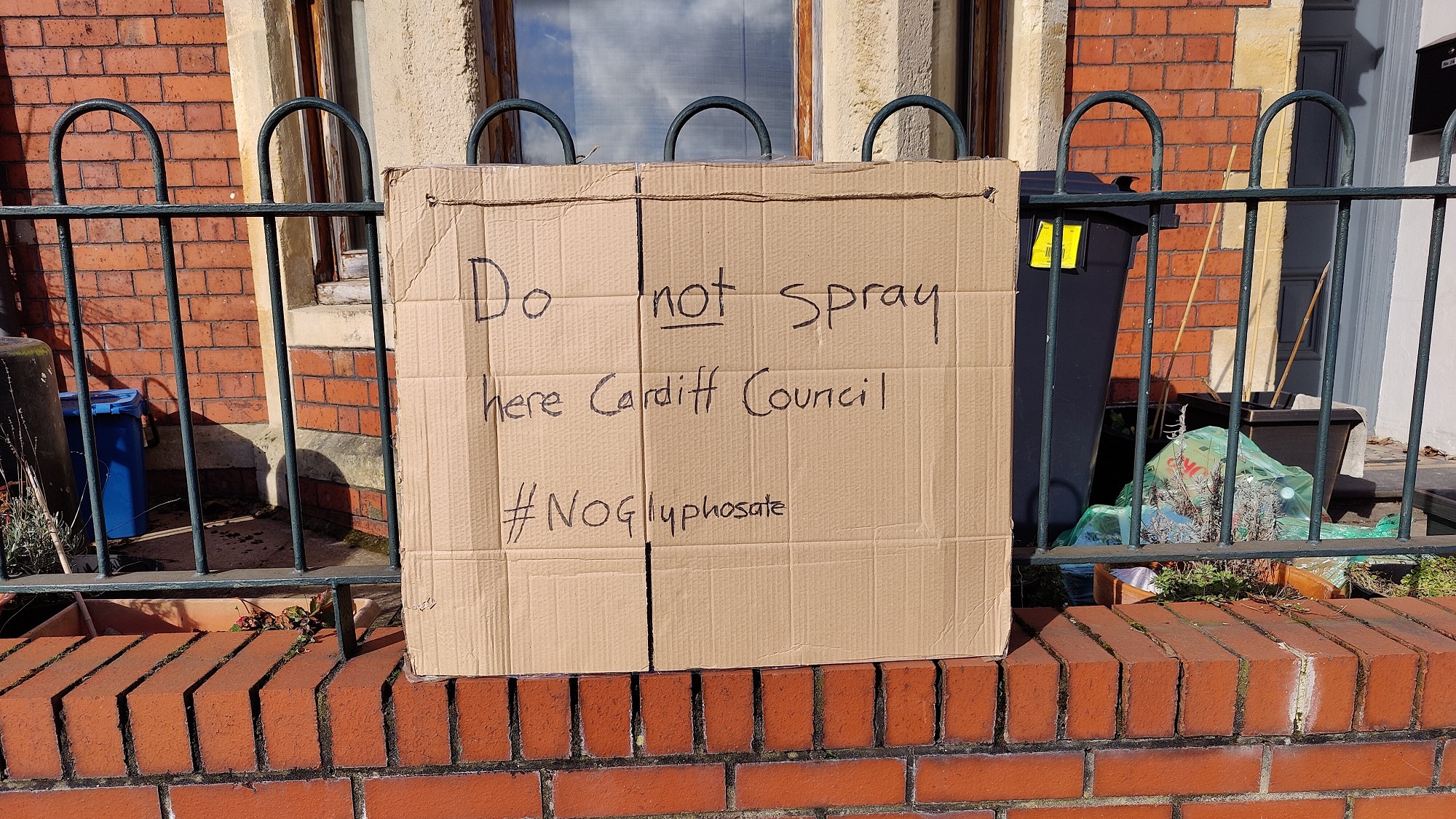
One of the main reasons that trials of this nature fail, is that the alternatives are applied in the same way and at the same time of year as glyphosate. Pesticide-free alternatives, including mechanical options, should focus on prevention of growth rather than the treatment of well-established plants. Trials also aim for the indiscriminate removal of all plants in a ‘neat and tidy’ approach, yet only a handful of plant species are a structural risk and only specific areas need total clearing for optimal accessibility.
The report claims that glyphosate uses less fuel and water to operate. Yet they omit the reality that glyphosate is in fact a fossil fuel product in itself. Choosing alternative weeding methods invests in greener options, and with more demand comes better solutions. Focusing on carbon emissions and water usage also fails to take wider environmental issues into consideration. We are in a biodiversity crisis. Glyphosate-based products have been shown to degrade soil health, and pose a risk to aquatic ecosystems if they leach into waterways. They are also harmful to bees and indiscriminately remove wild plants, key resources and habitat for animals in an urban ecosystem. Read our report Greener Cities: Understanding Pavement Plants for further details.
In order to gauge public reception of alternative weeding methods, the study tracked the number of complaints received from residents in the different trial areas. However, the study did not let the public know of any trials taking place or encourage positive feedback. The resulting metrics were too limited to offer reliable and informative data, but at least 99.7% of the population in trial wards had no complaints. Concern for complaints is a legitimate worry for councils and we stress that public engagement is a key part of going pesticide-free. Communicating with residents on the changes taking place and why pesticides are being phased out fosters a more engaged and supportive community.
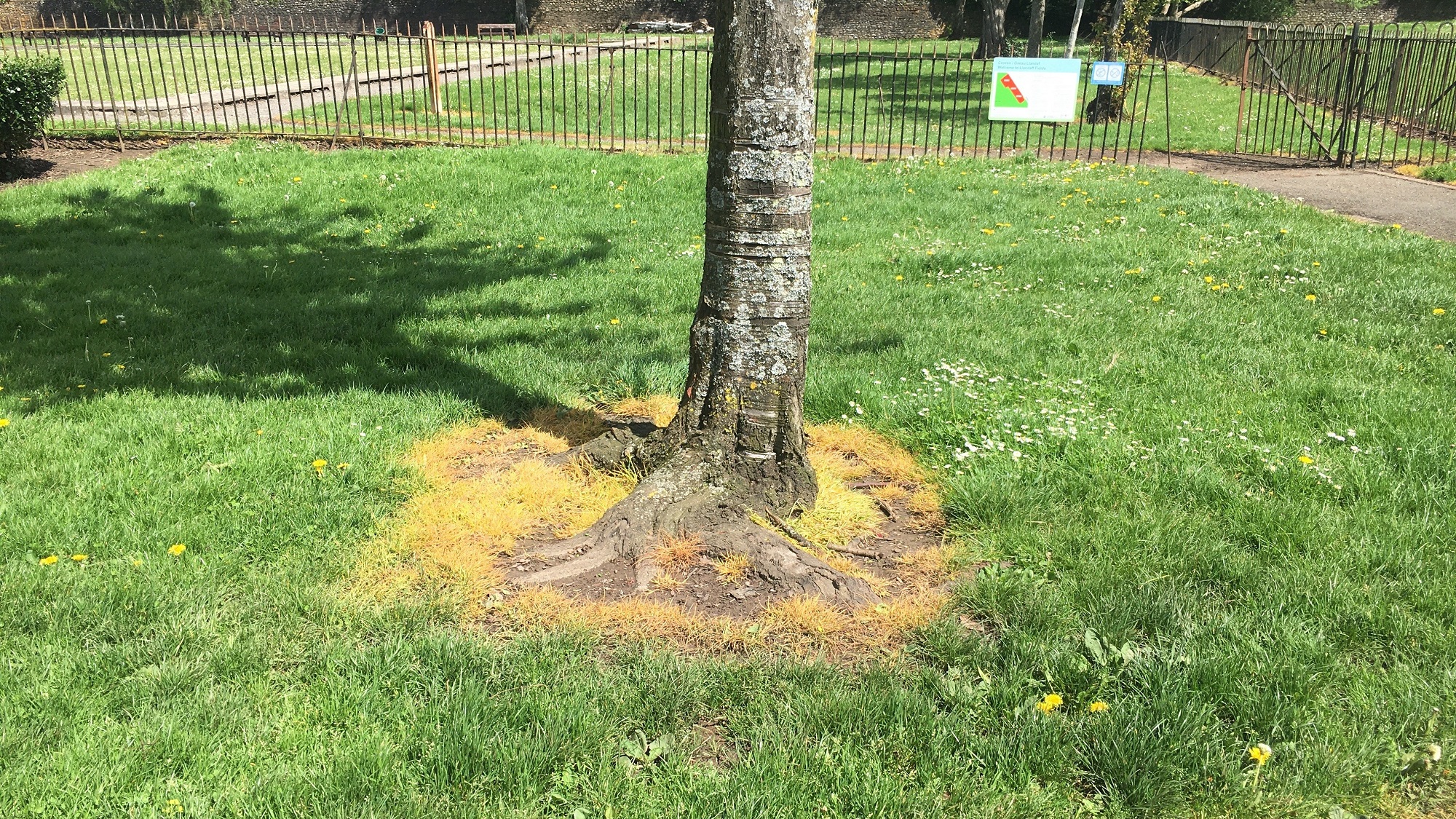
Finally, the report asserts that glyphosate products remain the cheapest option. In our document Going pesticide-free doesn’t have to cost the earth, we outline the real cost savings that can be made through a detailed understanding of the needs of an area and developing an adapted plan. Even a simple reduction can prove effective – for example, the London boroughs of Hackney and Kingston both saw savings of £10,000 and £44,000 respectively by simply reducing the numbers of spray a year, with no loss of quality.
There are over 100 boroughs, villages, towns, cities and counties in the UK that have totally or partially phased-out pesticides. However, the UK is lagging behind as other countries such as France and Luxembourg have now banned all non-agricultural use of pesticides.
It is absolutely possible to go pesticide-free without compromising on cost, efficiency, quality and customer satisfaction. The question should no longer be, ‘is this weed removal technique better than glyphosate?’ but rather ‘how can we go pesticide-free in a way that is most suited to our local requirements?’.

